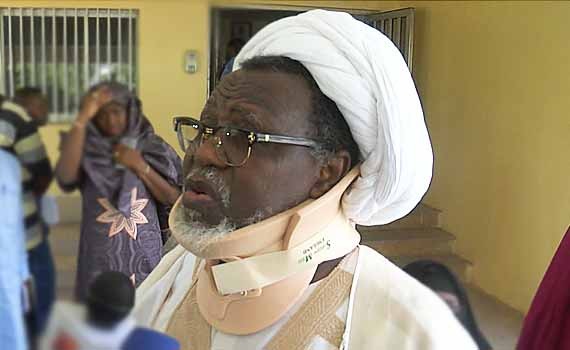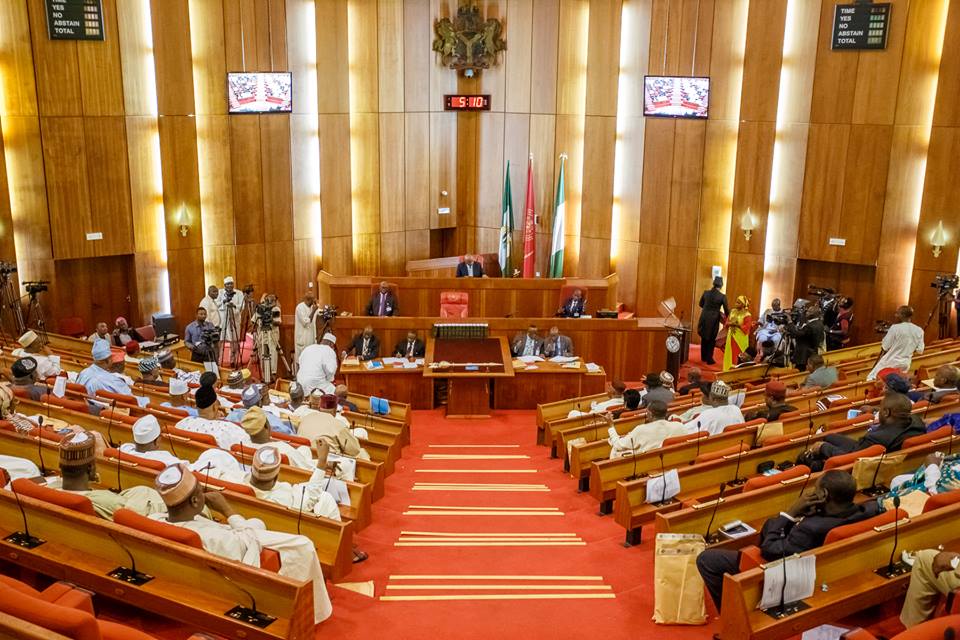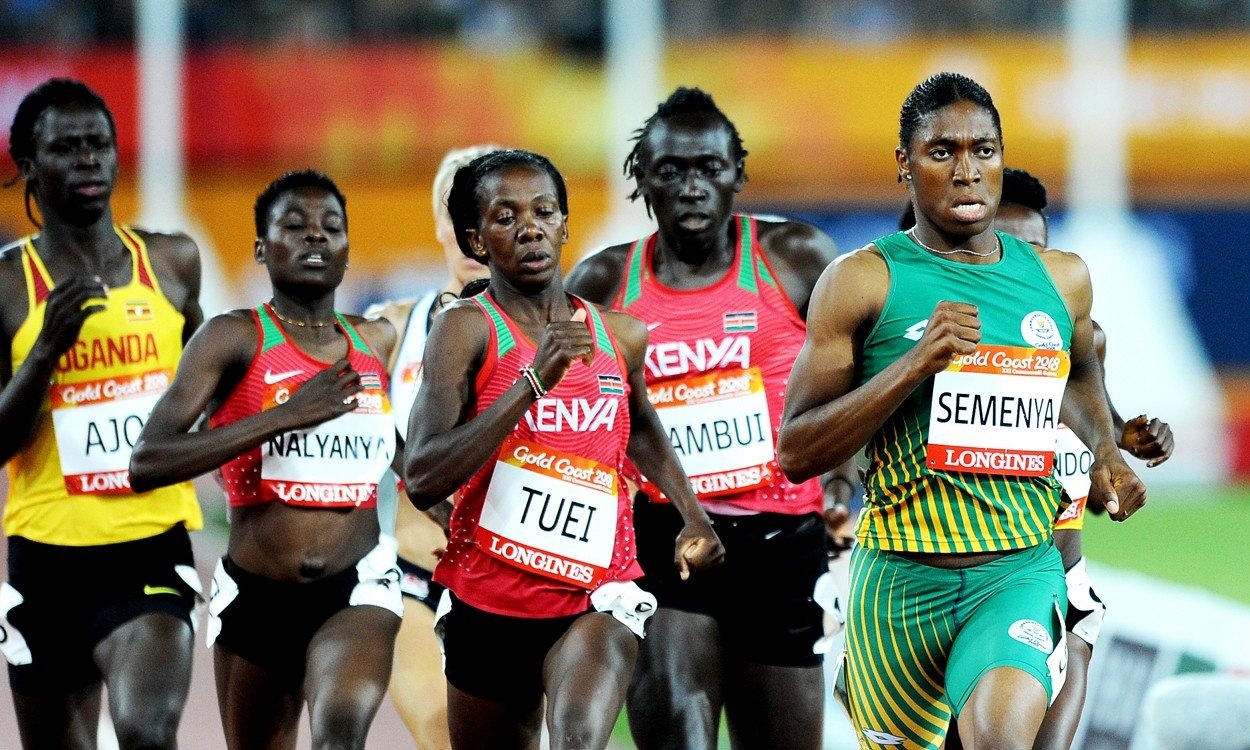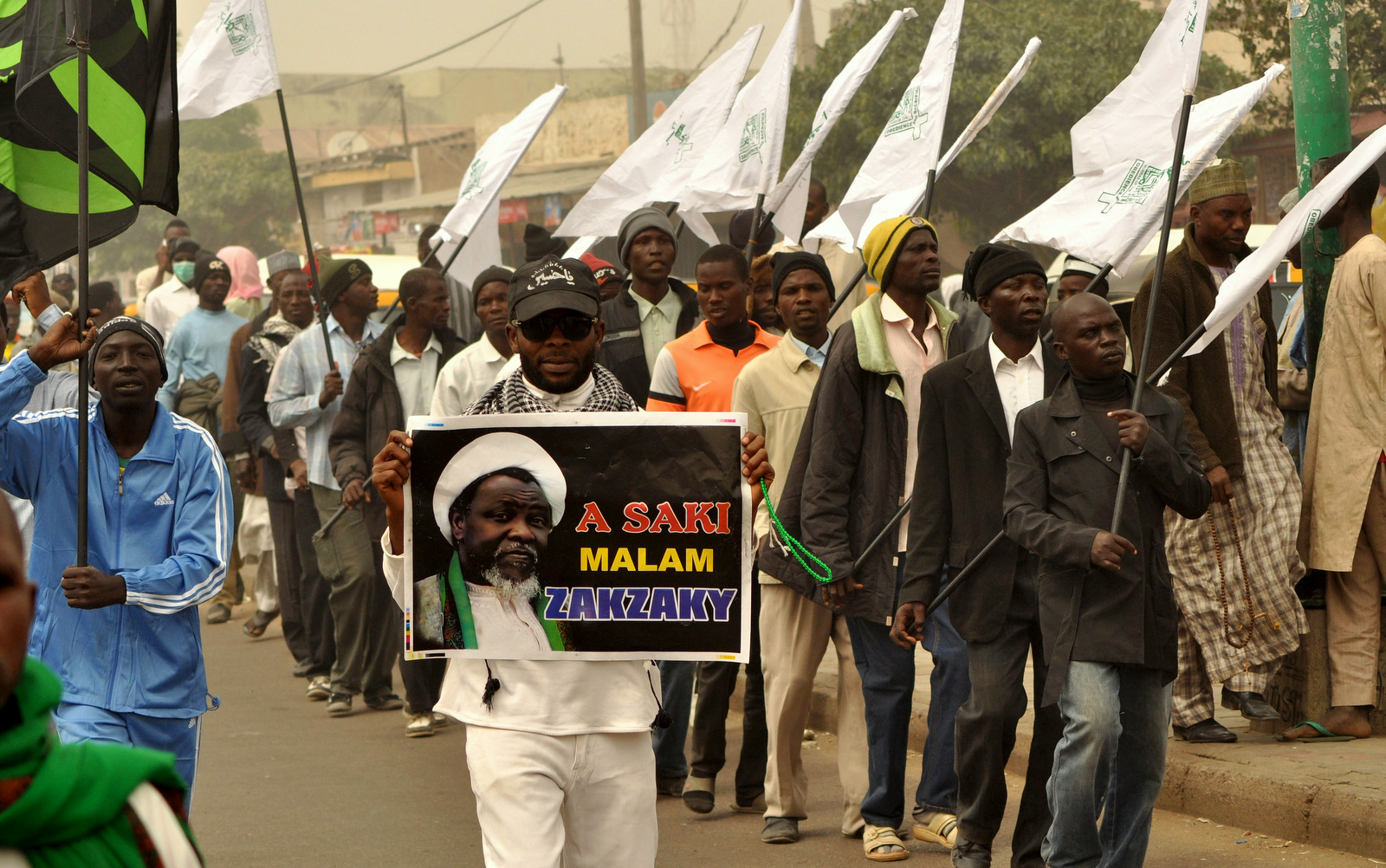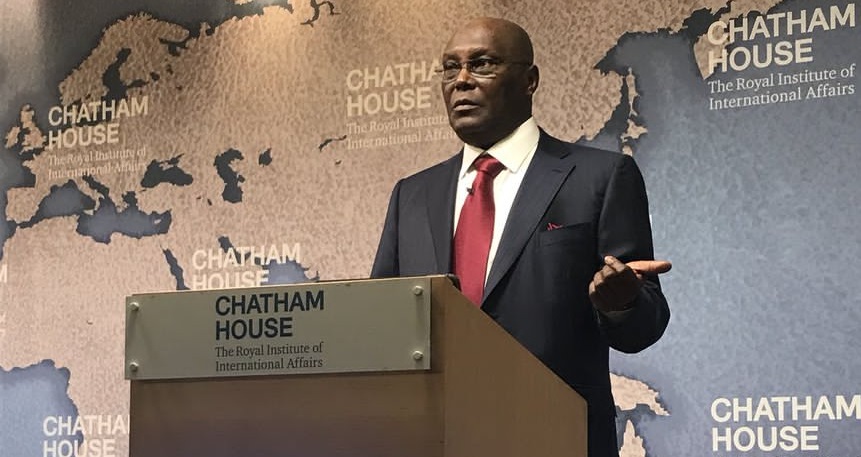Reaching a consensus about who a youth is in Nigeria is a fundamental challenge which may blur every other discussion about this demography.
The United Nations Educational Scientific and Cultural Organisation (UNESCO) says youthfulness is an attribute of people who are in the 15 and 24 age grade. It promised though, that given the peculiarities of each member state, it would concede to their individual definitions of the no nomenclature.
To that effect, UNESCO, when considering youths in the Africa context, adopt the African Youth Charter definition that youth means “every person between the ages of 15 and 35 years.” But even that milestone does not hold for Nigeria.
Although equally beset by the same set of temptations and trials which afflict sister countries on the continent, the African Youth Charter standards does not work for Nigeria for two fairly patent reasons for this.
Advertisement
To begin with, the dual evils of poverty and stagnation of dreams have made youth an alibi for many people. Remaining a youth is a literary safe house where many of our compatriots whose expectations and ambitions have been cut short by the various limiting condition is our country, hide their heads.
For instance, if you take a sampling of youth leaders in our political parties, the roll would most certainly comprise of people closer to their 60th birthdays than anyone near the expectations of UNESCO or even the African Charter. In a country where hard work and diligence are subordinate, citizens seek all sorts of routes of escape and remaining a youth, even until their autumn years is one avenue.
But there is another way that society has inflicted the post-term youth mentality on Nigerians, especially those who are determined to pursue education.
Advertisement
Matriculation examinations in Nigeria are herculean in form and content. In fact, the education system, if there is anything so called is, in entirety, nothing but a joke.
Even when these examination are passed, gaining entry into one of the higher institutions in the country is like a camel passing through the eye of the needle. There are a less than 500 higher institutions of learning in Nigeria, all of which deliver about half a million spaces annually. Very few of these institutions place merit over primordial associations and sentiments, such that a candidate could pass over and over again and remain un-favoured. So every year, 1.2m Nigerian children sit for but are unable to gain admission.
A lot of times, if admission precedes and forestalls frustration and loss of interest in advanced education, candidates are mostly forced to settle for courses of study totally divergent from what they aspired for. At the end of it all, the average Nigerian graduates at about 25, puts one year into a mandatory national service and spends the next five or six years trying to find his feet in the employment market. Of course by then, he is already on his way out of the youth league irrespective of what definition we adopt!
We must however agree that the average Nigerian, old or young, is relentless in his pursuit of self actualisation, irrespective of how much life has denied him. That tenacity is indeed one of the reasons a man in his 50s would in his search for meaning, appropriate the identity that does not belong to him and insist on remaining a youth.
Advertisement
Yet, Nigeria and its leaders do not see their role in the stagnation of the Nigerian youth who, in spite of himself, battles to find relevance for his life. That is without regard to the fact that the generations of leaders who refuse to leave the scene and talk down on today’s youth are the same set, who consumed the portions of many generations alongside their own.
The octogenarians and septuagenarians who congregate over the present and decide the future of Nigeria lived in the best of the moments of Nigeria’s flow in milk and honey. They has freebies on unimaginable scales. They went to school on the bills of regional governments or multinationals companies and came out of school with jobs, accommodation, cars and other perks awaiting them.
Those who decide our fate currently have been at it for close to five decade, passing power from one hand to the other like members of a relay team taking turns to complete a race. Only that these ones have rather than conclude the race of nation building to the advantage of future generations, been largely visionless and self-serving. They have frittered the resources of the state and left the country in ruins, they have mortgaged the future of the country and denied every generation after their own all the benefits that they, themselves, derived from Nigeria.
Only a minuscule fraction of those who are called youths in today’s Nigeria have any idea of what decent livelihood is. And that would be the children, relatives and children of the proxies of these overlords. Majority of those who will live in the future of this country are deprived and unsure of what that the future holds.
Advertisement
Countries with eyes on tomorrow are priming their youths for leadership, liberalizing and improving the quality of education, working towards improving access to health care, increasing their capacity for gainful employment and providing welfare programmes that incentivizes loyalty from states and discourages anti-social inclinations. And they usually have bountiful harvests as they would not have only deliberately built a competent citizenry prepared for future challenges, they would have also by intentionally and evaluably investing in their youth population, earned the loyalty of their young. These youths would also be inheriting a culture rooted in meritocracy, fellow-feeling, love and honesty, which would automatically pass from generation to generation.
But live is tedious for the Nigerian youth. He strives to attain on his own steam, sometimes with uneven support from struggling family members. Even after all the strivings, the state makes no recompense.
Advertisement
Nigerian parents devote the totally of themselves into helping their children to get educated but they remain dependent even after their education because there are no jobs, even the employed crumble under the weight of an economy characterised by uncontrolled inflation and non-existent safety net. As a result, the average Nigerian youth is angry and bitter. Some are so bitter, they have given up on the country and would do anything to leave an uncaring country. That manifest in the mad venture of illegal migration to which an undeniable quantity of the country young blood encounter untimely death in the cold anger of the Mediterranean. A lot others, who have relatively good stations without seeing a future for their children sell all their earthly possessions and relocate to soulful environments where their children are assured of quality, sometimes free education and a future that recognises and respects humanity.
Those without the courage to leave the country are in perpetual anger against, some guided by the demands of culture or religious live honestly in spite of themselves. Other with less spiritual or sentimental attachments join the bandwagon to match Nigeria and its leaders level of self-focus and wickedness.
Advertisement
The violent minority, which torments us as manifest in the growing spate of violence across the country are the replications of the 55 politicians said to have stolen N1, 354tr from Nigerian between 2006-2013. We must accept that this last set of people are merely a reflection of the selflessness, lack of care and of vision and creativity sown by generations ahead. If the Nigerian youth is unproductive and entitled, he inherits from those who gave him birth or do mangoes from orange trees, how a society with no soul breeds considerate people?
Advertisement
Add a comment


